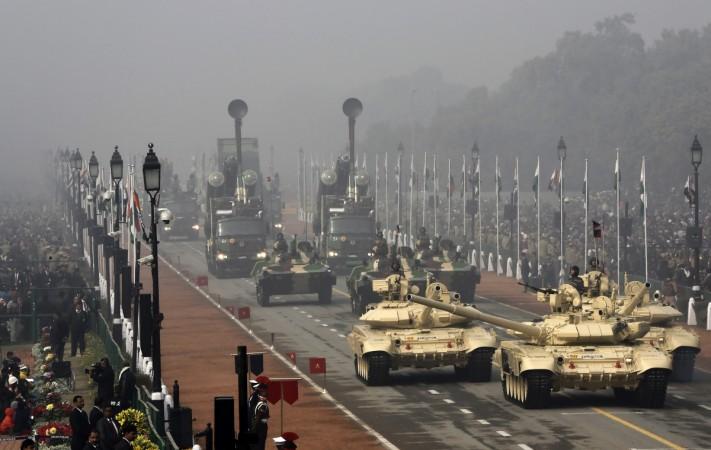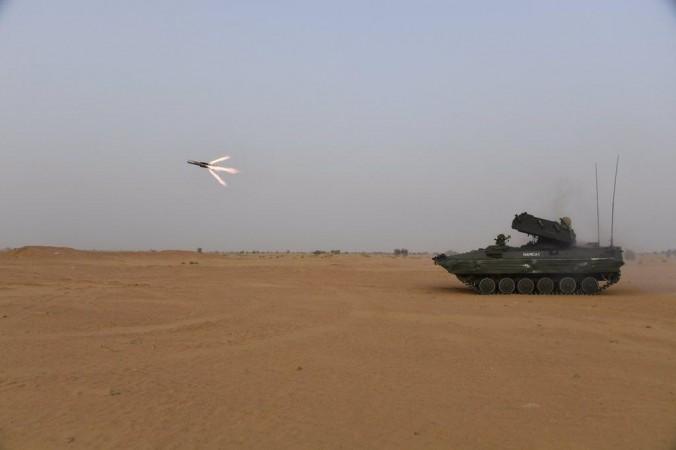The Indian Army is planning to acquire a new generation "Future Tank" under the Future Ready Combat Vehicle (FRCV) project in a staggered way, with induction anticipated by 2030, as the primary combat tank has proven crucial on the contemporary battlefield.
The local sector is now prepared to move the project forward after a previous, ambitious attempt failed to take off. Along with updating its vast stock of operational Russian BMP-II armoured personnel carriers, the Mechanized Infantry is getting ready to purchase a new vehicle through the Future Infantry Combat Vehicle (FICV) project.

As per a report by The Hindu, Russian T-72 and T-90 tanks, two regiments of indigenous Arjun tanks, and an updated Arjun-MK1A tank are among the Army's extensive fleet of armoured vehicles. "For a long time, the tank dominated the land forces' ability to win battles, but mobile protected systems will take the lead in future conflicts. Since the T-72s have served as the Armoured Corps' primary battle tank for almost 40 years, a brand-new, cutting-edge tank is now needed.
Mechanised infantry combat battle
The flexible BMP-IIs are used by the Army and are now undergoing upgrades, including the addition of night vision capabilities and the replacement of their second generation Konkurs wire-guided Anti-Tank Guided Missiles (ATGM) with a third generation ATGM made in-house. Officials stated that the FICV project and the introduction of other new platforms are also ongoing concurrently.

In order to eliminate drones, the Army is also considering new airburst ammunition that may be launched from the 30 mm BMP weapon. The modernization plan is being contextualised using a threat and capability-based approach. Moreover, For reconnaissance and support battalions, the indigenous third-generation Nag Missile System (NAMIS) is being implemented, and the DAC has approved a revision to the AoN for the quantity of 13 Nag missile carriers and 293 Nag Missiles in July 2022. The 177 Infantry Combat Vehicle - Command and Control Platforms were also given approval by DAC in July.









!['Had denied Housefull franchise as they wanted me to wear a bikini': Tia Bajpai on turning down bold scripts [Exclusive]](https://data1.ibtimes.co.in/en/full/806605/had-denied-housefull-franchise-they-wanted-me-wear-bikini-tia-bajpai-turning-down-bold.png?w=220&h=138)



